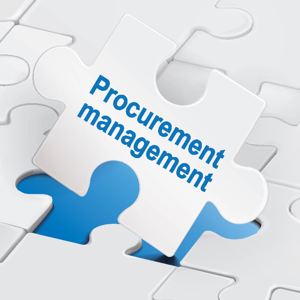It’s something to think about if you haven’t already done so, hiring an interior decorator is a good move if you’ve invested with a good bit of money into your home and want to be able to showcase it to look its best. Decorators truly serve a purpose for everyone. whether you have no idea where or how to begin to decorate your home, or whether you have an idea but need help tying pieces together, or you simply haven’t the time to execute your style and desires due to your busy day to day schedule.
1)Professional Assessment.
A designer can give you a professional assessment of your situation, that will lead to a solid plan of action. The order of things in a very style arrange is essential in determinant what are often repurposed or ought to be edited. this will not solely have an effect on the budget but help you to spend it more efficiently.
2) Budgeting and planning
A designer will keep you on budget and prevent time and effort. A designer knows where to go for resources for everything related to your home. this will save you endless amounts of time researching products, brands and prices. A designer can have all this readily on hand, and should he or she not, will spend the time researching so that you don’t have to.
3) The availability of resources.
There are things available to designers that are not available to the general public in terms of connections, resources and general merchandise. By culminating these resources designers can help to make your space look more collected, unique and pulled together.
4) Contacts
In addition to vendor resources, designers have many home improvement industry contacts. they can save homeowners time and headaches trying to identify reliable, contractors, plumbers and electricians for their projects. They work with project managers to save time and money.
5) Story-teller
Interior design is a skill and an art that may only enhance the house and also the quality of your life within the house. Hiring a professional raises the amount of that experience and makes your house a home.
6)Their work says all.
If you have a place that is too small for your liking, or a large place that always ends up looking empty — let an interior designer work their magic and miraculously transform your space through design. As a professional, they know how to visually alter even the most challenging of spaces; a feat often impossible to achieve by homeowners themselves.
If you also want to renovate your home or office visit merxcm
1)Professional Assessment.
A designer can give you a professional assessment of your situation, that will lead to a solid plan of action. The order of things in a very style arrange is essential in determinant what are often repurposed or ought to be edited. this will not solely have an effect on the budget but help you to spend it more efficiently.
2) Budgeting and planning
A designer will keep you on budget and prevent time and effort. A designer knows where to go for resources for everything related to your home. this will save you endless amounts of time researching products, brands and prices. A designer can have all this readily on hand, and should he or she not, will spend the time researching so that you don’t have to.
3) The availability of resources.
There are things available to designers that are not available to the general public in terms of connections, resources and general merchandise. By culminating these resources designers can help to make your space look more collected, unique and pulled together.
4) Contacts
In addition to vendor resources, designers have many home improvement industry contacts. they can save homeowners time and headaches trying to identify reliable, contractors, plumbers and electricians for their projects. They work with project managers to save time and money.
5) Story-teller
Interior design is a skill and an art that may only enhance the house and also the quality of your life within the house. Hiring a professional raises the amount of that experience and makes your house a home.
6)Their work says all.
If you have a place that is too small for your liking, or a large place that always ends up looking empty — let an interior designer work their magic and miraculously transform your space through design. As a professional, they know how to visually alter even the most challenging of spaces; a feat often impossible to achieve by homeowners themselves.
If you also want to renovate your home or office visit merxcm











